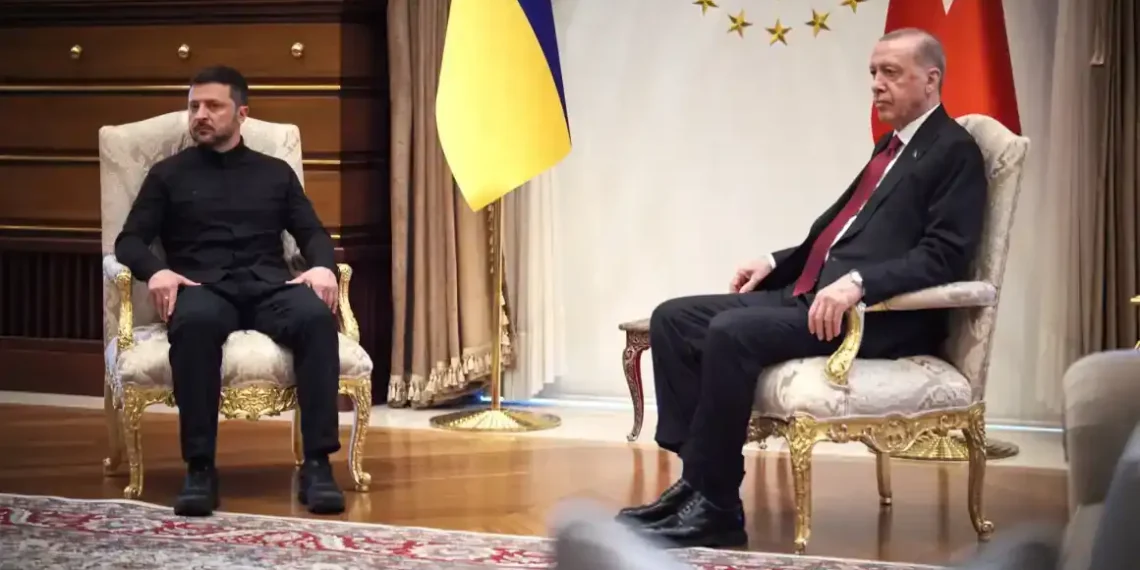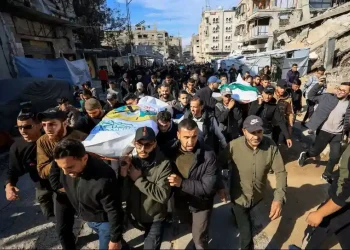Russia and Ukraine Inch Toward Direct Talks After Years of Silence — But Chaos Reigns in Istanbul
After nearly three years without direct negotiations, Russia and Ukraine finally agreed to meet — but the day kicked off with confusion, media frenzy, and high-stakes political theater in Istanbul.
What was expected to mark a turning point in the long-running war between Russia and Ukraine turned into a day of uncertainty, spectacle, and mixed signals on Thursday. The highly anticipated talks, initiated by Russian President Vladimir Putin and backed by Turkish mediation, were supposed to begin in Istanbul — yet the morning brought more questions than answers.
Confusion on the Bosphorus
Journalists packed into Dolmabahçe Palace on the banks of the Bosphorus, but Ukraine had yet to confirm if it would even participate. Turkish officials told CNN there was “no scheduled meeting yet,” and the scene quickly devolved into a chaotic stakeout.
While the Kremlin confirmed Putin wouldn’t attend in person, Ukrainian President Volodymyr Zelensky was busy in Ankara meeting with Turkish President Recep Tayyip Erdoğan. In the meantime, media crews swarmed the Russian consulate, hoping for clarity. They got very little.
“Everyone is tired of this,” said Russian defense journalist Stanislav Ivashchenko. “But we will defend our position.”
Why Putin Pushed for Talks Now
The surprise proposal for renewed talks came five days earlier, as Moscow faced mounting international pressure. Kyiv and its Western allies had issued an ultimatum: agree to a 30-day ceasefire or face new, harsh sanctions. Rather than concede, Putin offered to revive the negotiation process Ukraine had abandoned back in 2022.
To signal seriousness, Russia selected Istanbul — the site of early failed peace talks — and brought back the same chief negotiator, Vladimir Medinsky, a loyal Putin ally and former culture minister.
“The delegation is committed to a constructive approach,” Medinsky said in a brief, tense appearance at the consulate. His statement focused on achieving “long-term peace” and addressing the “root causes of the conflict” — a phrase that hinted at Russia’s continued rejection of Ukraine’s NATO aspirations and even its sovereignty.
Trump’s Shadow Looms Over the Talks
Adding a new layer of geopolitical drama, former U.S. President Donald Trump signaled he might attend the talks himself. Speaking from Abu Dhabi, Trump told reporters, “Nothing’s gonna happen until Putin and I get together.” His envoys, Keith Kellogg and Steve Witkoff, are already set to arrive in Istanbul on Friday.
Zelensky appeared to take Trump’s influence seriously. After his meeting with Erdoğan, he announced Ukraine would send a delegation — and upped the stakes by appointing Defense Minister Rustem Umerov to lead it. The reason? “Out of respect for President Trump,” Zelensky said.
What’s at Stake
While the start of talks suggests a new chapter may be opening, deep skepticism remains. Russia’s rhetoric, which still questions Ukraine’s right to exist independently, makes real compromise seem distant.
Former Russian diplomat Boris Bondarev, who resigned in protest over the war, summed it up bluntly: “Two great powers should sit together and decide how inferior countries should live under their umbrella — that’s how Putin sees the world,” he said. “That’s why Zelensky doesn’t fit.”
The Road Ahead
For now, the first steps toward dialogue have been taken — though amid chaos, mixed messages, and a swirl of international intrigue. Whether these talks will yield anything more than headlines remains to be seen.
This article was rewritten by JournosNews.com based on verified reporting from trusted sources. The content has been independently reviewed, fact-checked, and edited for accuracy, neutrality, tone, and global readability in accordance with Google News and AdSense standards.
All opinions, quotes, or statements from contributors, experts, or sourced organizations do not necessarily reflect the views of JournosNews.com. JournosNews.com maintains full editorial independence from any external funders, sponsors, or organizations.
Stay informed with JournosNews.com — your trusted source for verified global reporting and in-depth analysis. Follow us on Google News, BlueSky, and X for real-time updates.














